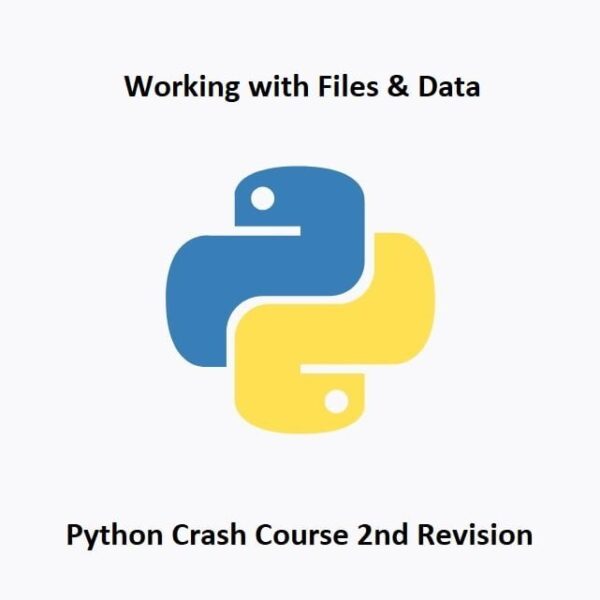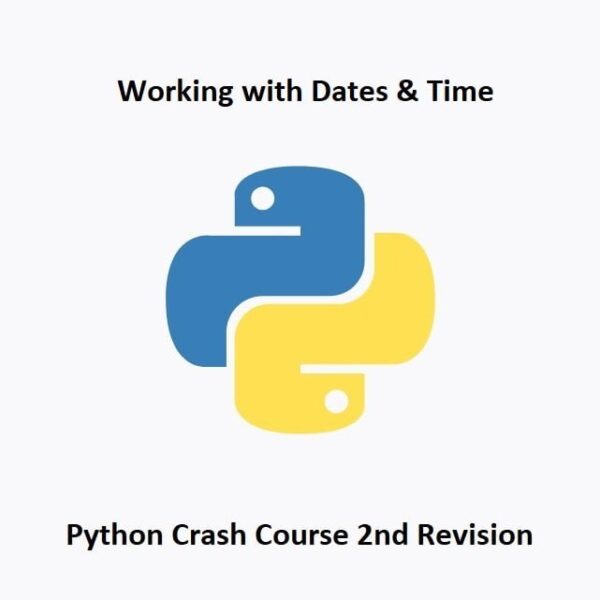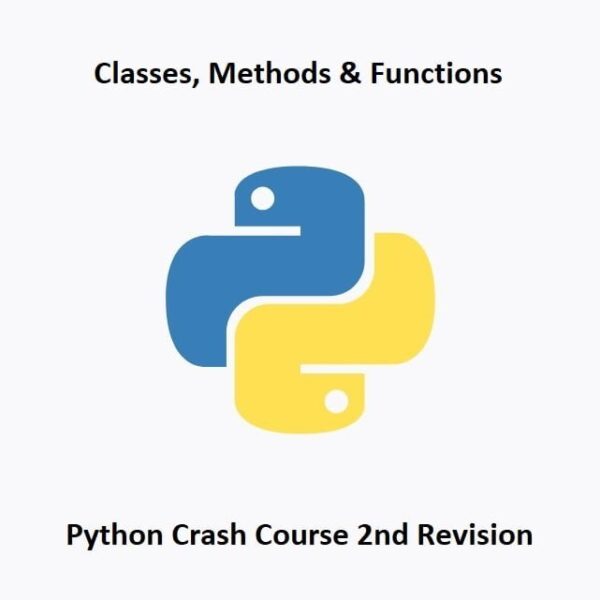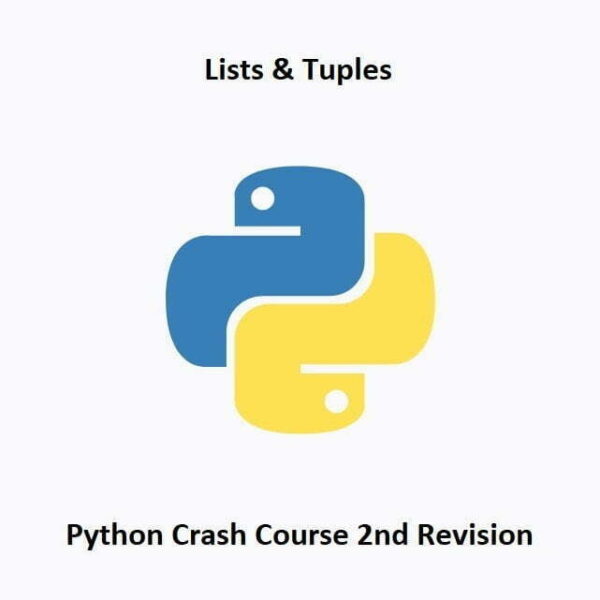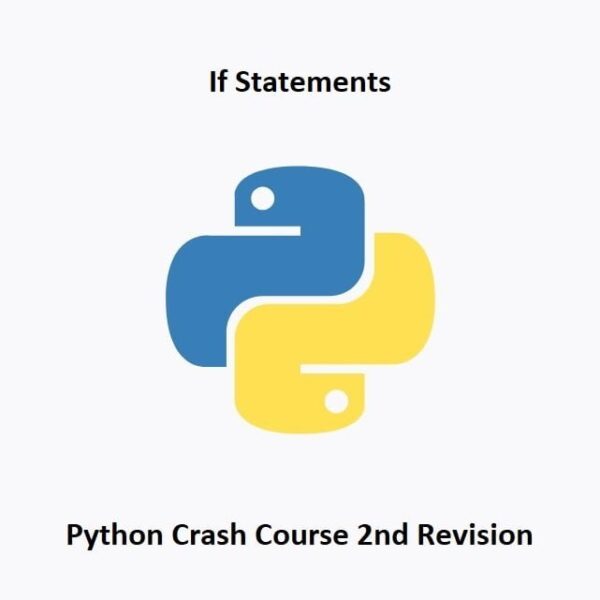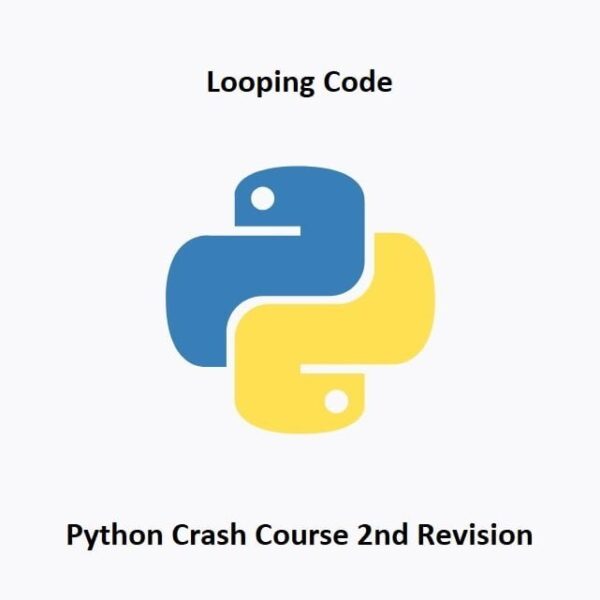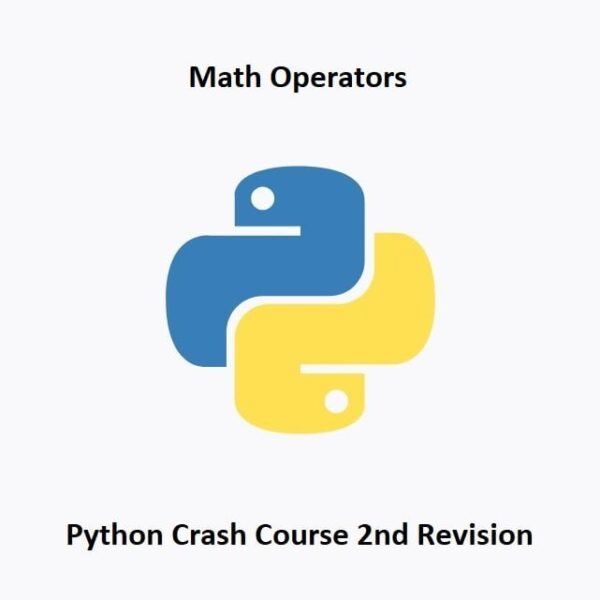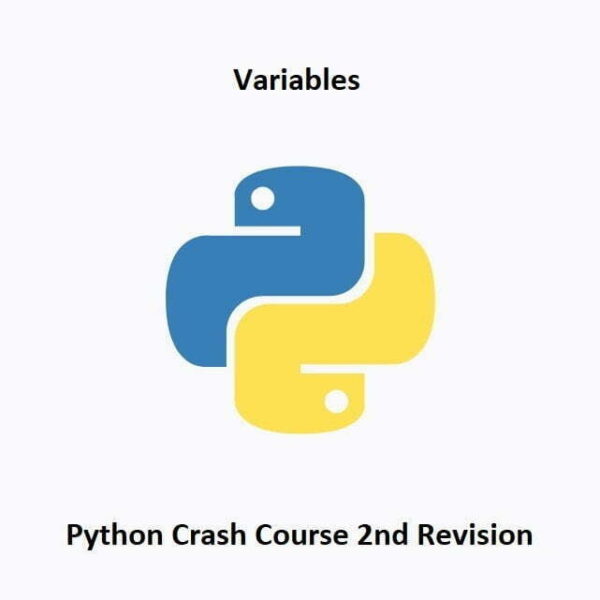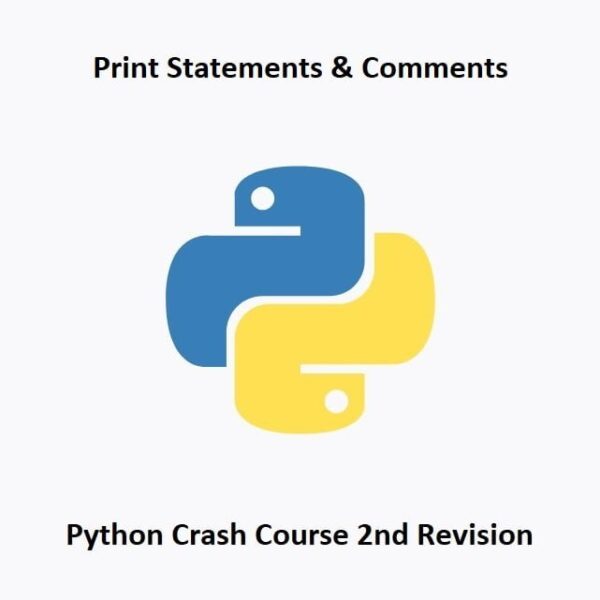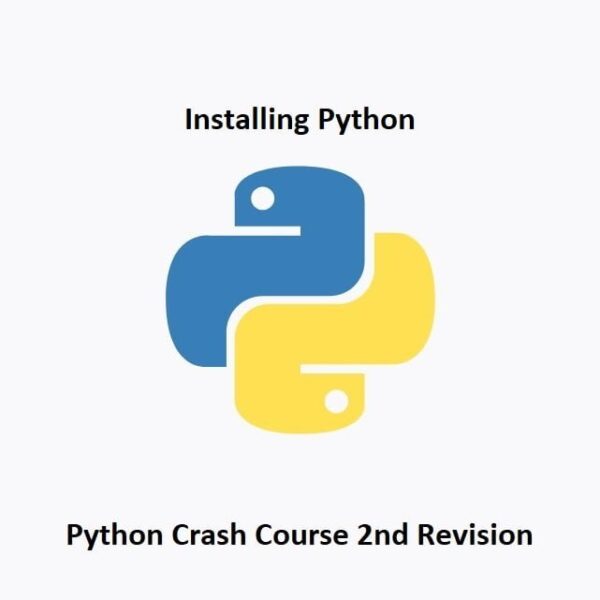Python Crash Course 2nd Revision: Stage-11
Python Turtle Graphics: A Fun and Creative Finale Welcome to the grand finale of our Python crash course! In this last installment, we're going to have a blast with the Turtle module, which provides a creative and interactive way to apply everything you've learned so far. We'll combine concepts such as loops, conditional statements, functions, and data manipulation to draw colorful shapes and designs.What Is the Turtle Module? The Turtle module in Python is a beginner-friendly way to explore computer…


